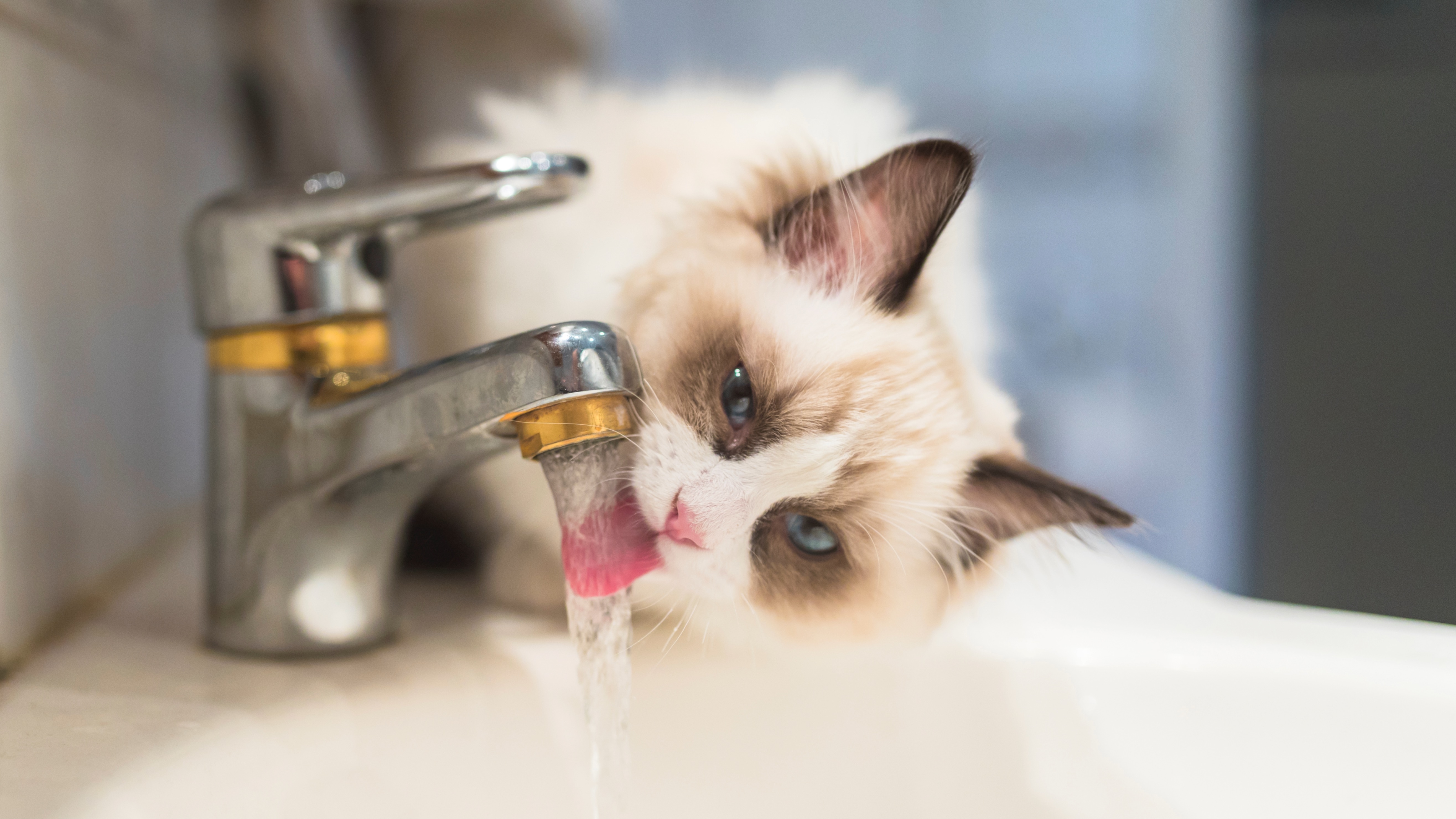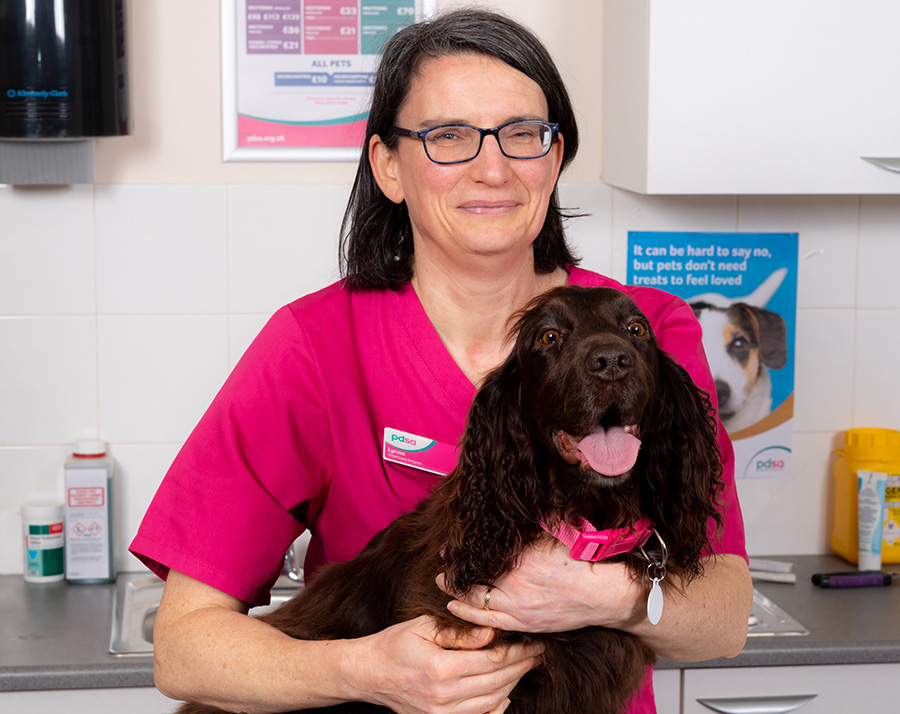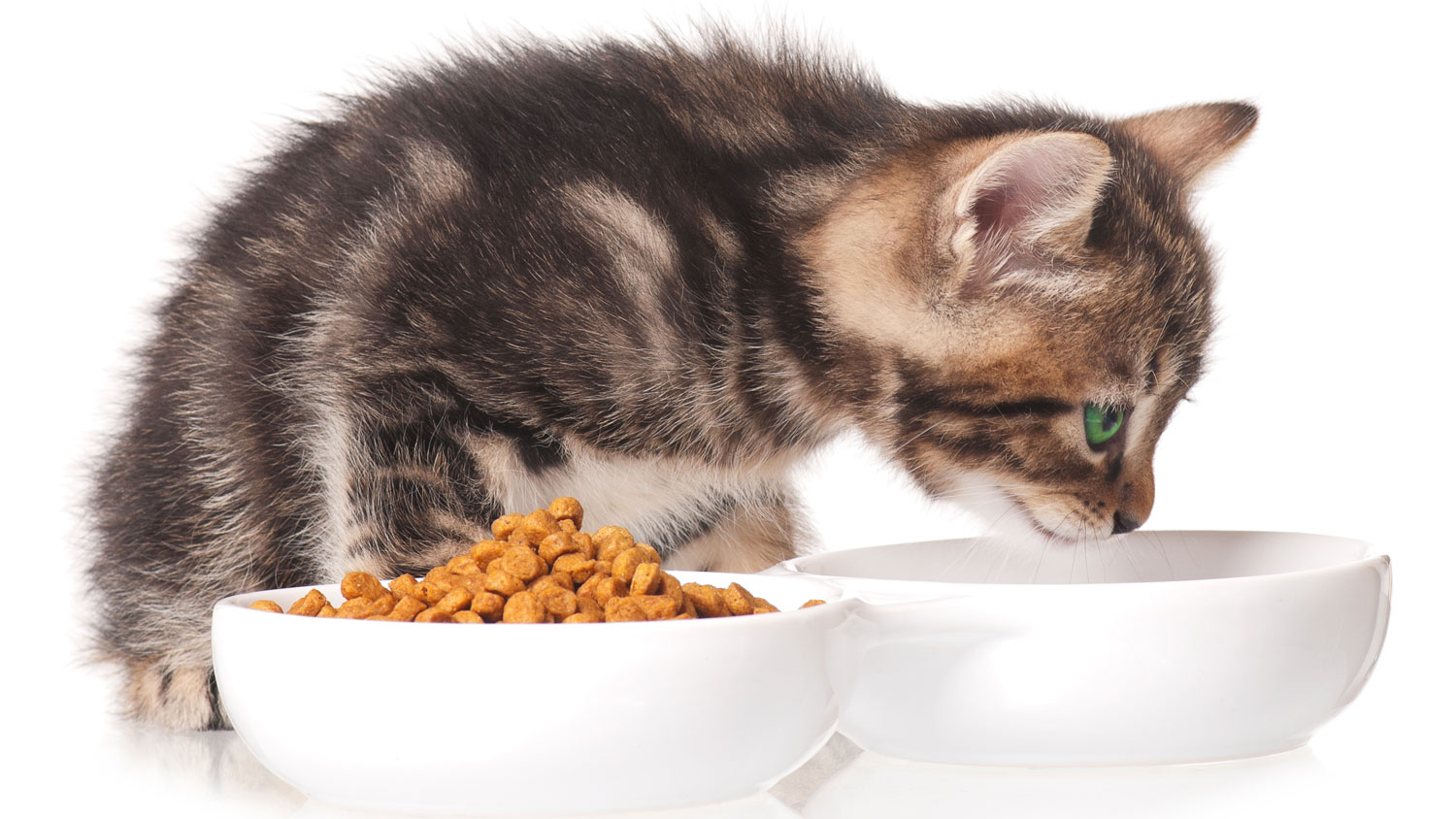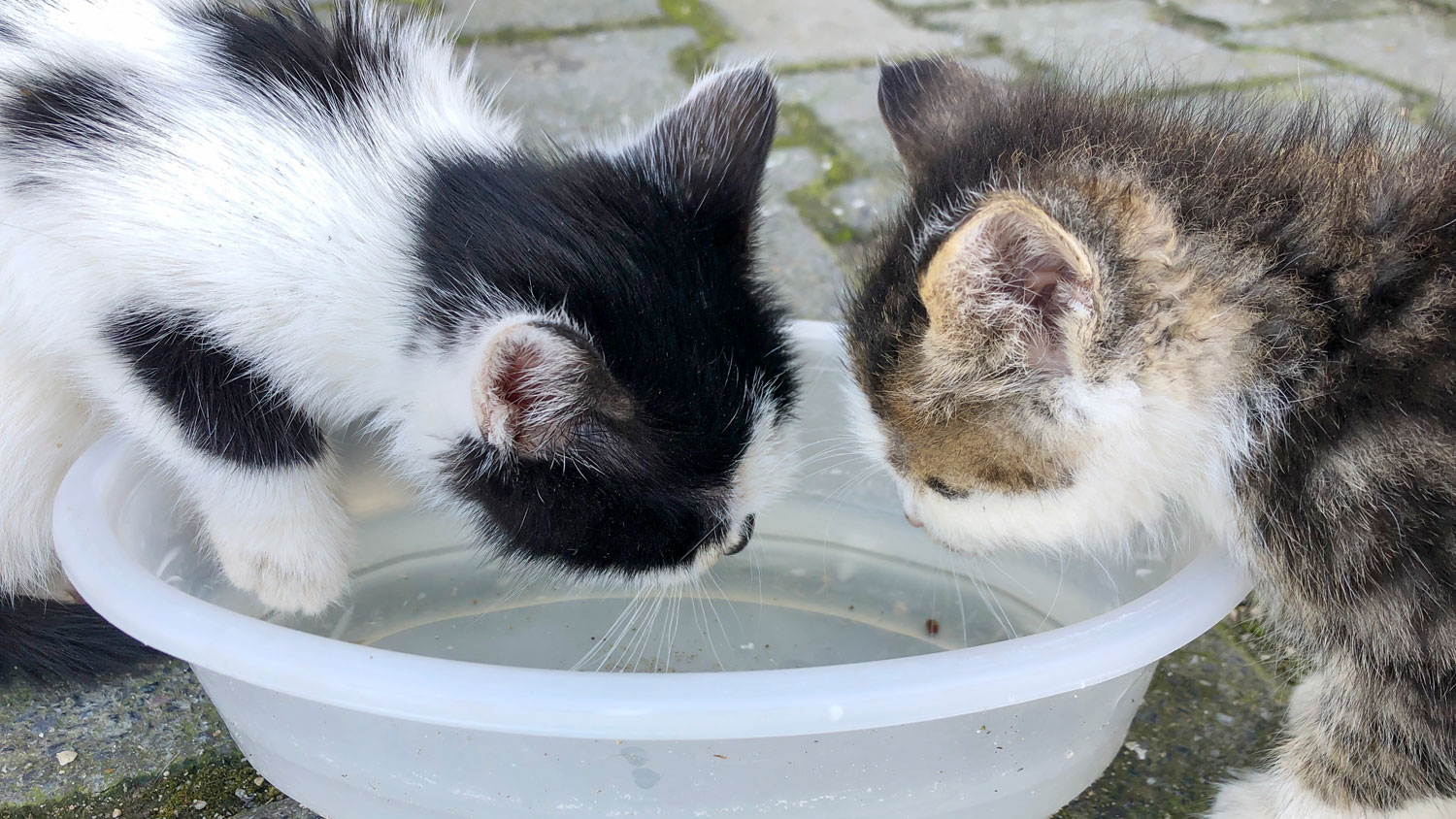Why is my kitten drinking a lot of water? We spoke to a vet to find out!
Is your kitten drinking a lot of water? Here’s what you need to know, according to an expert vet

If you have a kitten drinking a lot of water, it’s understandable that you’re concerned — after all, while staying hydrated is important, you can certainly have too much of a good thing. So, how do you know if your kitten’s fluid intake is normal or if it’s a cause for concern?
The first thing that’s worth pointing out is that kittens need around 50ml of water per kilo of body weight. That means that a 4kg cat requires 200ml of water every day in order to ensure they don’t become dehydrated. Because many cat owners choose to feed their little one the best kitten food in wet form, a lot of their daily fluid intake will be met through that.
However, if on top of a wet food diet (or a dry food one with plenty of access to fresh water), they’re emptying out their water bowl faster than you can refill it, or they’re drinking excessively from places like faucets and puddles, it’s time to consult a vet. They will be able to rule out any health-related reasons that could be causing your kitten to be extra thirsty.
Whether it’s a kitten not eating or a kitten drinking a lot, any behavior that seems out of the ordinary to you warrants a check up. To help you understand why your kitten might be drinking more water than they need to, we spoke to expert vet Dr. Lynne James to get her thoughts on the potential health issues that could cause a kitten to overdrink and what you should do about it.

Lynne has over 20 years of experience working as a veterinary surgeon in both the UK and Canada. She has worked for PDSA since 2020, managing a team of vets and nurses, writing pet health and welfare content, and coproducing the PDSA Animal Wellbeing (PAW) Report. Lynne represents PDSA in a number of external collaboration groups, working with other charities and animal welfare organisations to improve the lives of UK pets. She lives in Shropshire with her family, including her one eyed rescue dog and three-legged cat!
How much water does a kitten need to drink?
We spoke to PDSA vet Lynne James, who told us that just like the answer to how much food should a kitten eat, how much fluid a kitten should consume can differ: "The amount of water a kitten drinks can vary depending on a number of things, including their diet, the temperature of their home, the amount of exercise they do, and how they like to drink.
"Cats tend to drink no more than 50ml of water per kg of their body weight (i.e. 200ml for a 4kg cat), so if you find that your kitten is regularly drinking more than this, or you notice a change in the amount they drink, then it’s important to speak to your vet.
"Other signs of excessive drinking include being thirsty all the time, their water bowl emptying quicker than usual, drinking from places that they normally don't, and visiting their litter tray more often."
Get the best advice, tips and top tech for your beloved Pets
For more guidance, read our guide that answers 'do kittens drink water?'
Why might a kitten drink a lot of water?

There are plenty of health-related reasons why a kitten or cat may be drinking a lot of water, but before we come to those, let's take a look at some less worrying reasons.
The most likely explanation, says Lynne James, is dietary. "Kittens fed a wet diet tend to get most of the water they need from their food," she says, "whereas those eating dry food often need to drink more." So if you'd like your kitten to drink less, the simple solution is to add more wet food to your kitten's diet. Obviously a bit of dry food on the side is good for your kitten's teeth, so don't ditch it completely, but a main dish of wet food will largely cover your kitten's fluid needs, leaving it requiring the occasional top-up from the water bowl.
Another thing to bear in mind is that kittens are going to be kittens, and that means a lot of tearing around the place, which in turn can leave them needing to drink more water. So again, if your kitten needs a long drink after an energetic play session with the best interactive cat toys, that shouldn't be any cause for concern.
On a similar note, an upwards change in temperature can result in your kitten needing to drink more water. It could be that the weather's heated up in the summer, or alternatively it might be really cold out so you have the heating turned up in doors, and either of these changes can leave your kitten feeling a bit dried out and in need of extra fluids.
Alternatively, it could just be that your kitten really enjoys drinking water. Lynne James tells us, "If your kitten likes flowing water from a tap or water fountain, you may find that they drink more when this is available to them, especially if they like to play with it at the same time!"
Potential health issues

Of course, there are a number of health-related issues that can explain why a kitten might be drinking a lot of water. With older cats there are a few obvious likely causes, as Lynne James explains: "As a cat gets older, increased thirst can be an indicator of a number of serious conditions, such as kidney disease, an overactive thyroid, liver disease and diabetes in cats – which is why it’s so important to be aware of how much water your cat drinks through their life. The good news is that early diagnosis and treatment greatly improves the prognosis for most of these conditions."
In the case of kittens, however, these are less likely to be the cause of excess water consumption, although they can't be ruled out entirely. A more likely explanation is some kind of low-grade fever that you'd want to keep an eye on but which would clear itself within a few days. There's a slim possibility that your kitten has a form of early-onset diabetes; similarly metabolic and endocrine disorders might result in poor metabolism of water, leading to excessive drinking. The chances of these are pretty low, though.
If you're concerned about your kitten drinking a lot of water, Lynne James advises that the best place to start is to check exactly how much they are having each day. "To do this," she explains, "ensure their water bowl and any other water sources are empty and measure out a set amount of water in a jug. Put this water in their water bowls and note the time. 24 hours later, measure the remaining amount of water to see how much your pet has consumed – repeat over a few days so that you can calculate an average amount per day."
If you're concerned that your kitten's seriously over-drinking, or if it's displaying any symptoms of ill health, contact your vet for advice.
Most of the explanations as to why a kitten might be drinking a lot of water are, thankfully, pretty benign. It's more likely to do with its diet, the current temperature or the amount of activity it's up to, than something linked to your kitten's health. So while naturally you'll want to keep an eye on your kitten's drinking habits if they seem a little over the top, watch out for other warning signs and call your vet if you're concerned for your kitten's health.
Thanks to PDSA vet Lynne James. Vet charity PDSA provides free and low-cost vet care for those who struggle to pay treatment costs for their sick and injured pets.
Now that you know how much fluid your little one should be consuming on a daily basis, you might be keen to learn about their food intake. Our guide to ‘how often should I feed my kitten?’ has the answers. You might also want to read how long cats can go without water.
Jim is a writer, performer and cat-wrangler based in Bath, who last year adopted a pair of sibling rescue cats who turned out to be effectively feral, and has spent a lot of time since then trying to get them accustomed to people (some success) and each other (ongoing project).

